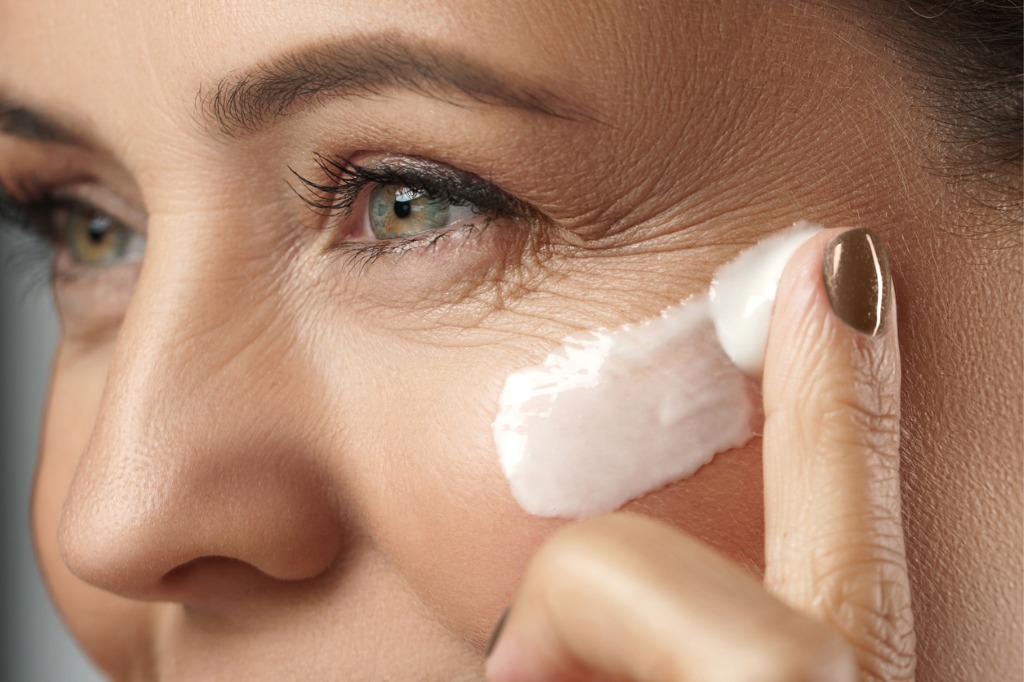

Retinoid Cream for stretch marks. Is it an effective and safe treatment option?
Stretch marks don’t always require a diagnosis. Your doctor may perform a skin examination and assess your medical history. If your doctor detects a rise in your cortisol hormone levels, you may be offered more tests.
Stretch markings, also known as striae, are a type of off-colour scarring on the skin. They may fade away with time, but they will not vanish totally. Striae are created by the dermis tearing during periods of fast body growth, such as adolescence or pregnancy, where they usually appear during the last trimester.
These striae are most typically found on the stomach, although they can also be found on the breasts, thighs, hips, lower back, and buttocks. Striae gravidarum refers to striae that occur during pregnancy.
Hormonal changes linked with puberty, pregnancy, bodybuilding, or hormone replacement therapy may also affect Striae. Stretch mark creams aren’t proven to prevent stretch marks during pregnancy. There is no apparent treatment once they have formed, though different approaches have been tried and examined.
Stretch marks do not always need to be treated. They’re completely safe, and they usually fade away with time. They may lessen with treatment, but they may never totally go.
The treatments listed below are some of the options for improving the appearance and texture of stretch marks. None has been proven to be more successful than the others on a consistent basis.
Retinoid Cream, such as tretinoin (Retin-A, Renova, Avita), are derived from vitamin A and can help reduce the appearance of stretch marks that are less than a few months old. When Tretinoin is used correctly, it helps to rebuild collagen, a protein in the skin that helps stretch marks blend in with the rest of your skin. Tretinoin has the potential to irritate your skin.
If you’re pregnant or nursing, ask your doctor about alternate treatment choices, as retinoid cream’s negative effects could harm your baby.
There are a number of light and laser therapies that can help to increase collagen development and promote suppleness. Your doctor can assist you in deciding which strategy is best for you.
A hand-held device with small needles stimulates collagen development in this type of treatment. Because this procedure has a lower risk of pigmentation alterations than laser therapy, it is the suggested first step for patients with darker skin.
Work with your doctor to choose the best treatment or treatment combination for you. Consider the following factors:
Stretch mark prevention and treatment are claimed by many lotions, ointments, and other items. Cocoa butter, vitamin E, and glycolic acid, for example, aren’t dangerous, but they’re also unlikely to assist much.
Stretch marks dissolve and become less obvious with time, and they don’t necessitate any special self-care or home therapy.
The assumption that rubbing creams, oils, or lotions on your skin can prevent or alleviate stretch marks is unsupported by scientific data.
Check with your doctor before utilising alternative products that promise to treat or prevent stretch marks if you’re pregnant.
Your doctor will most likely ask you a series of questions, including:
